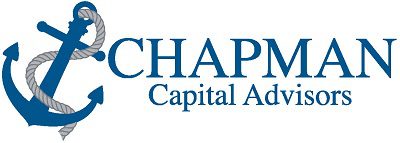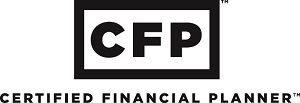You have finally made it to retirement. You saved your money and now it’s time to take withdrawals to provide an income stream to you during your retirement years. The question is “how much can I take without depleting my funds before I die?â€Â This is a dilemma facing many retirees today. There have been numerous studies done on this subject.
The most recent that I have seen was done by Trinity University and is called “The Trinity Studyâ€. The underlying premise is that if certain withdrawal rates could provide lifetime income based on historical market data and returns then the withdrawal rate will also be sustainable in the future. I have reviewed this study and while it makes many great points, no study is foolproof when it comes to investing. Everyone has a different situation and each portfolio should be tailored to meet the specific needs of each client. “The Trinity Study†runs scenarios based on asset allocation between stock, bonds, and cash during retirement taking withdrawals at percentage rates ranging from 3 to 12 percent. One thing is certain there is no absolute correct answer.
In my experience, over the last 21 years of helping people reach their retirement goals and then guiding them during the retirement years, flexibility is the key. The market changes constantly and as investors we need to be willing to adapt to these changes. The time of investing in bonds yielding 6% tax free is over for now. Don’t make the mistake of retiring and thinking you can put all your money in bonds and everything will be fine. One of the key indicators on how we invest is interest rates. We are sitting at historical lows and the Fed has begun to tighten monetary policy. Over time this will begin to erode the value of your bond portfolio. Creating a balance between equities, fixed income, and cash is the key to having the income stream you need to live along with the capital preservation you need to sustain throughout your retirement years. A portfolio that is too overweight equities will expose you to too much market risk, while being overweight bonds could fail to grow enough to keep up with inflation and you will eventually run out of money.
For a portfolio to be successful during retirement, the proper allocation is the most crucial factor.  Most professionals will tell you that withdrawal rate between 4-6% of the portfolio value are where you need to be throughout your retirement years to minimize the risk of running out of money. I am here to tell you there is no magic number and your portfolio as well as your withdrawal rate needs to be adjusted throughout retirement. Markets are constantly changing and with that change brings the need to adjust your asset allocation and possibly your withdrawal rate during retirement. If you would like to learn more about this topic or have your portfolio reviewed please contact Jay Chapman.




